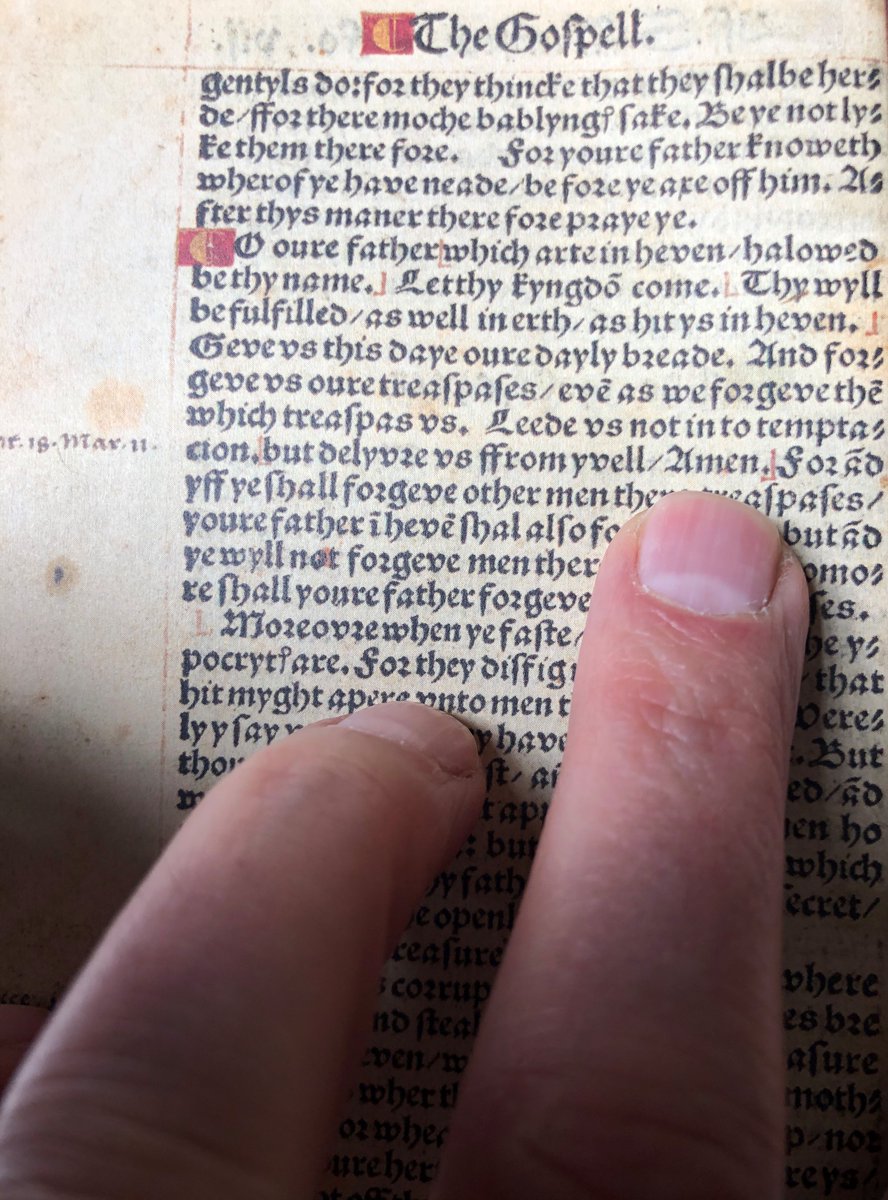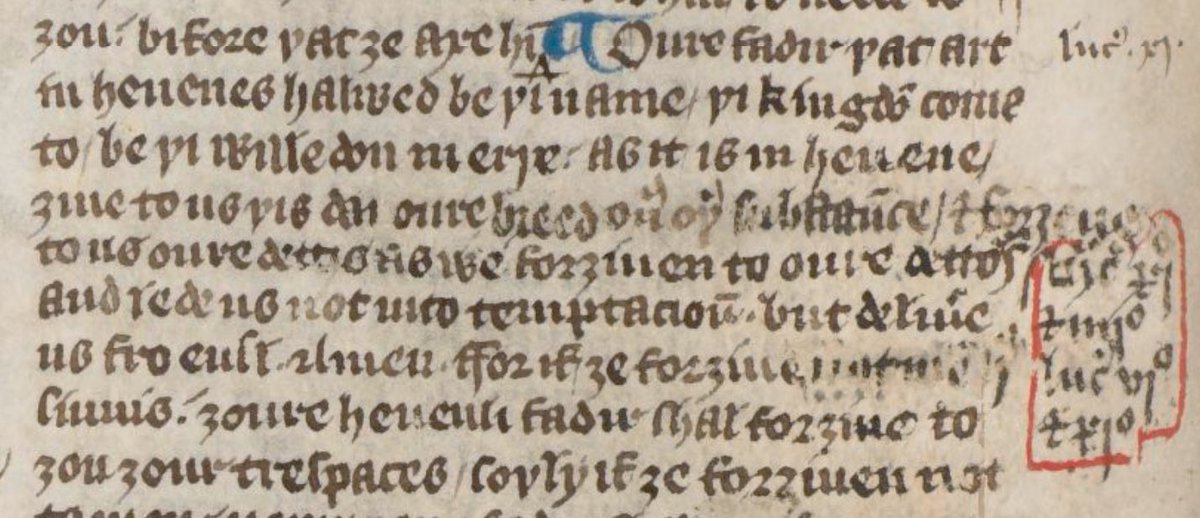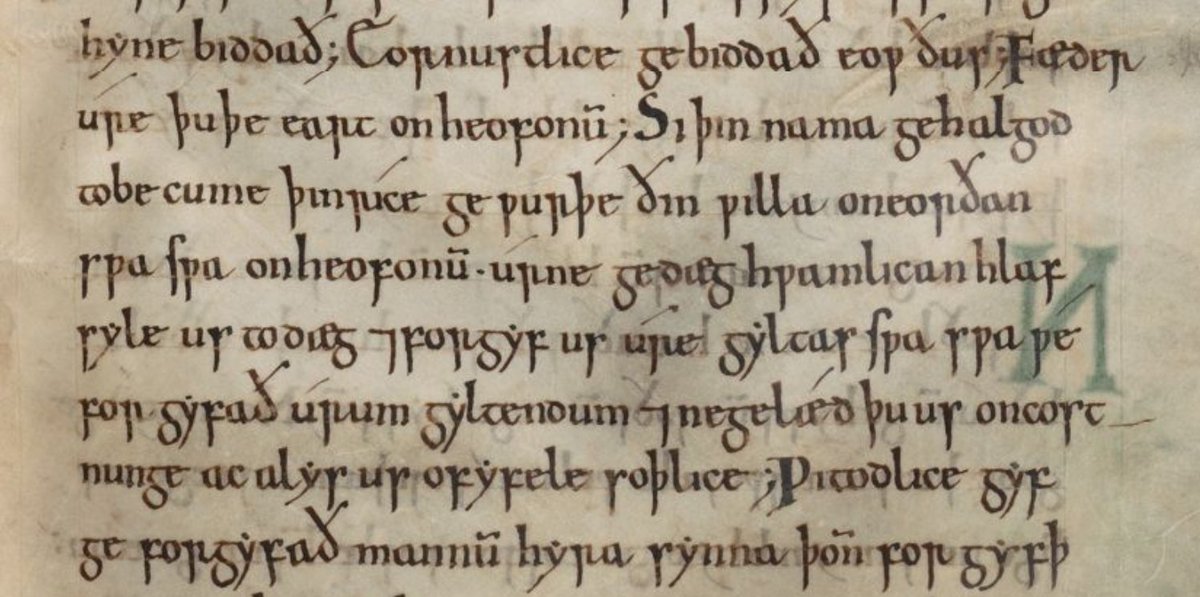Thread: The & #39;traditional& #39; ending of the Lord& #39;s Prayer.
Many, like me, grew up hearing the #KJV version of the Lord& #39;s prayer, ending & #39;For thine is the kingdom, and the power, and the glory, for ever. Amen.& #39; (Matthew 6:13)
We often felt cheated when modern versions & #39;omitted& #39; it.
Many, like me, grew up hearing the #KJV version of the Lord& #39;s prayer, ending & #39;For thine is the kingdom, and the power, and the glory, for ever. Amen.& #39; (Matthew 6:13)
We often felt cheated when modern versions & #39;omitted& #39; it.
Were sceptical scholars taking scissors to Scripture?
How dare 19th century scholars take out what had been there so long?
Weren& #39;t people who preferred the shorter text just preferring particular corrupt manuscripts from Egypt?
Etc.
How dare 19th century scholars take out what had been there so long?
Weren& #39;t people who preferred the shorter text just preferring particular corrupt manuscripts from Egypt?
Etc.
I won& #39;t rehearse the manuscript evidence for or against the inclusion of these words. Others have done that.
All I will do here is dispute the narrative that this was the & #39;traditional& #39; ending.
By just looking at *English* versions.
Tyndale& #39;s first edition (1526) lacks it.
All I will do here is dispute the narrative that this was the & #39;traditional& #39; ending.
By just looking at *English* versions.
Tyndale& #39;s first edition (1526) lacks it.
Earlier #Wycliffite #MiddleEnglish versions lack it.
( @corpuscambridge @ParkerLibCCCC mss 147 & 440, respectively)
( @corpuscambridge @ParkerLibCCCC mss 147 & 440, respectively)
And this & #39;traditional& #39; ending is missing from the yet earlier #OldEnglish Gospels.
( @CorpusCambridge @ParkerLibCCCC ms 140, the #BathGospels - last word sothlice & #39;in sooth& #39; = & #39;amen& #39;, 3 words from end of penultimate line)
( @CorpusCambridge @ParkerLibCCCC ms 140, the #BathGospels - last word sothlice & #39;in sooth& #39; = & #39;amen& #39;, 3 words from end of penultimate line)
The & #39;traditional& #39; ending was introduced in Tyndale& #39;s second edition (1534).
If you really value age, you& #39;ll remember that, at least in English, it& #39;s a younger tradition.
English versions which lack these words are not departing from the faith, but rather restoring what was.
If you really value age, you& #39;ll remember that, at least in English, it& #39;s a younger tradition.
English versions which lack these words are not departing from the faith, but rather restoring what was.
A common controlling narrative of KJV/Textus Receptus traditionalists is of 17th century fidelity & 19th century apostasy.
It has plausibility because there& #39;s more than a grain of truth in it.
However, one can also tell a different story.
It has plausibility because there& #39;s more than a grain of truth in it.
However, one can also tell a different story.
I tried to do this in my recent book
https://www.crossway.org/books/can-we-trust-the-gospels-tpb-2/
In">https://www.crossway.org/books/can... ch. 6 I trace the common ground between Erasmus in the 16th century & decisions by recent NT editors.
In many ways recent editions are continuing rather than departing from textual tradition.
END
https://www.crossway.org/books/can-we-trust-the-gospels-tpb-2/
In">https://www.crossway.org/books/can... ch. 6 I trace the common ground between Erasmus in the 16th century & decisions by recent NT editors.
In many ways recent editions are continuing rather than departing from textual tradition.
END

 Read on Twitter
Read on Twitter






